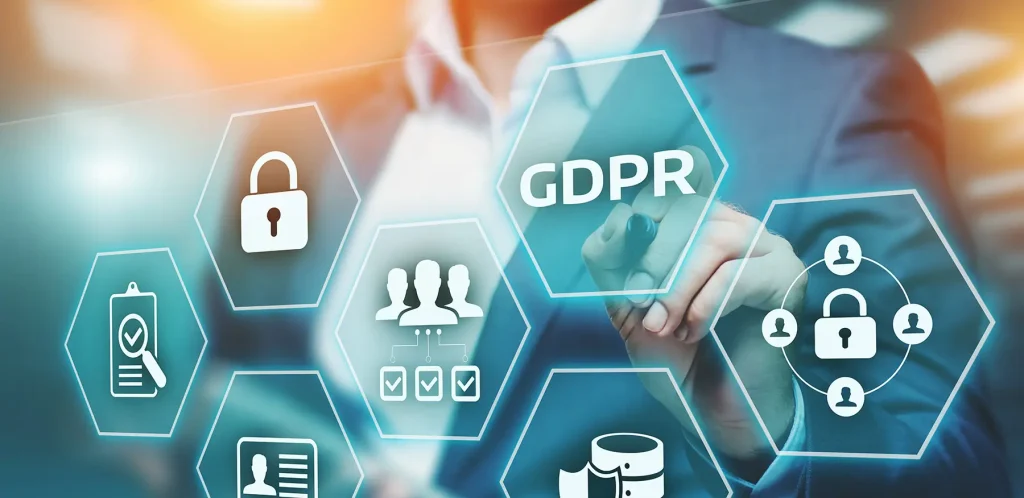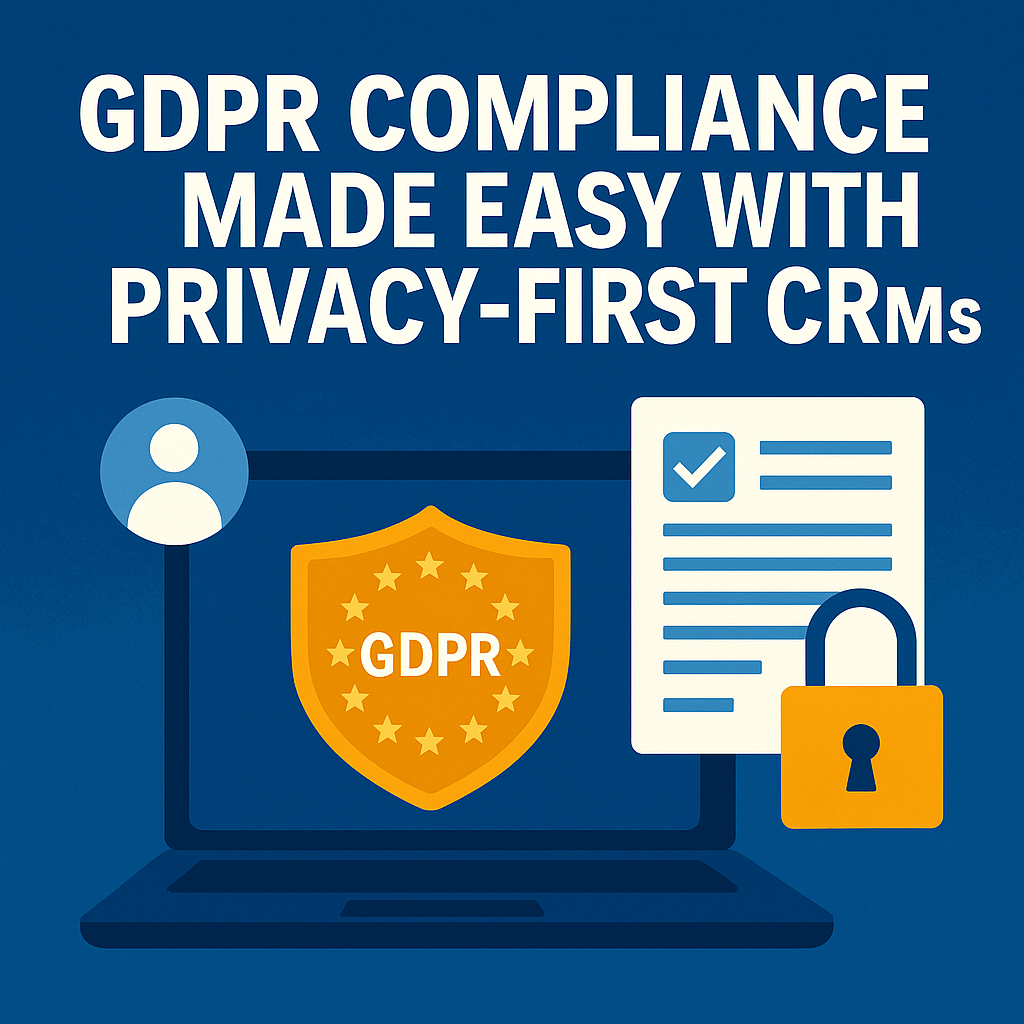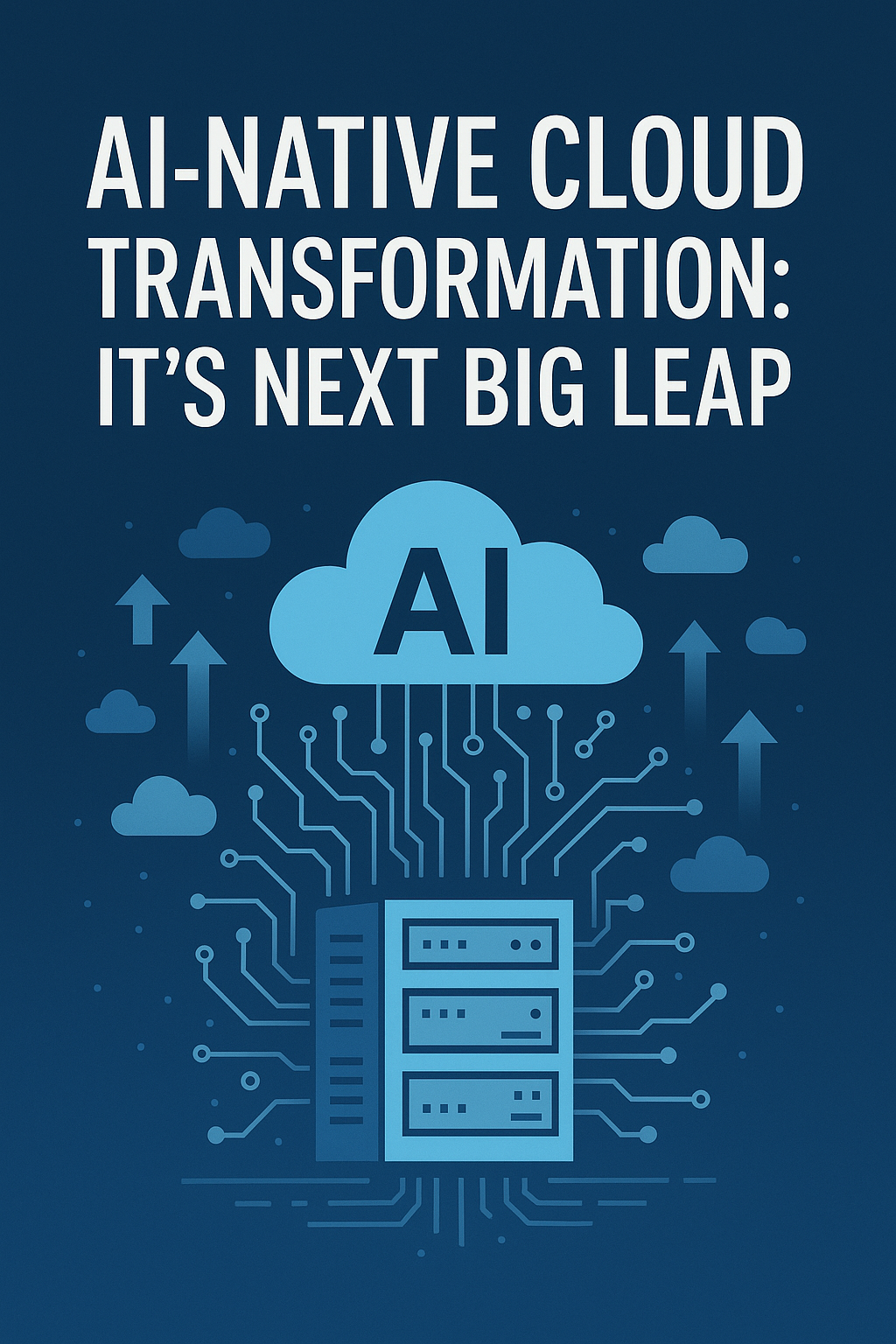In a world where customer trust is fragile, CRM, GDPR, and data privacy have become inseparable. Businesses that once competed on price or product now compete on trust. Customers want to know not only what you sell, but also how you safeguard their personal information. That’s where privacy-first CRMs come into play.
The idea sounds complex, but it isn’t. With the right approach, GDPR compliance can actually become a strength rather than a burden. When CRMs are built with data privacy at their core, they don’t just manage contacts or sales—they create trust. They reassure customers that every email, every purchase, and every interaction is handled with care.
CRM and Data Privacy: Why Privacy-First Matters
CRM is the heart of modern business. It holds the names, addresses, emails, and even the preferences of your customers. And that makes it sensitive. If mishandled, it can destroy a brand’s reputation in seconds.
Data privacy is not only about protecting information from hackers. It’s about respecting people. It’s about giving customers the choice to share or withhold, and it’s about being transparent. This is exactly what GDPR demands: accountability, consent, and fairness.
Now, imagine a CRM designed with these values in mind. A privacy-first CRM is not an afterthought. It is built to comply with GDPR from the ground up, with consent management, encryption, and role-based access baked into its workflows. That kind of system doesn’t just prevent fines; it builds long-term trust.
10 Techniques to Build GDPR-Compliant, Privacy-First CRMs
1. CRM Consent Management for Transparent Data Privacy
CRM platforms must start with clear consent management. Every sign-up form, newsletter opt-in, or purchase page should include explicit choices for data use. The CRM must record when, where, and how consent was given.
This is not just legal compliance; it’s a sign of respect. Customers want to feel in control. They want to know that when they click “yes,” their choice is honored. And when they click “no,” it’s respected. A CRM that manages consent seamlessly avoids confusion and demonstrates responsibility.
2. GDPR and Zero-Trust Access in CRMs
GDPR highlights accountability, and zero-trust architecture delivers it. Instead of assuming that users inside the system are safe, a zero-trust CRM verifies everyone, every time.
It doesn’t matter if the person is a sales manager, an IT admin, or a third-party contractor. Every login is checked, every request is verified, and access is given only as needed. Zero-trust reduces insider threats and accidental leaks. It also aligns perfectly with data privacy by making “trust” something earned, not assumed.
3. Data Privacy Through Encryption at Rest and in Transit
CRM data must be unreadable to anyone who doesn’t have permission. That’s where encryption comes in.
- At rest, data stored in CRM databases is scrambled.
- In transit, customer details moving between systems are encrypted using secure protocols like TLS.
Even if attackers intercept information, they cannot read it. Encryption sends a strong message: customer data is safe at every stage. And this silent layer of defense is one of the most powerful ways to show respect for data privacy.
4. CRM Role-Based Controls with Least Privilege
GDPR emphasizes minimization: only use the data you need. CRMs can follow this principle with least-privilege access.
Think about it. A customer support rep does not need to see payment history. A marketing intern does not need full access to personal identifiers. By assigning permissions based on roles, the CRM ensures data is seen only by those who truly need it. This lowers risks and shows customers that their information is handled responsibly.
5. GDPR-Driven Real-Time Threat Detection in CRMs
A privacy-first CRM should never be static. It should constantly watch for unusual behavior—logins from new countries, large exports of data, or suspicious API calls.
Real-time threat detection does more than sound alarms. It blocks access when danger is detected. It alerts security teams instantly. It makes compliance easier because GDPR requires fast reporting of breaches. By acting early, businesses avoid both financial penalties and reputational damage.
6. CRM Automation for Data Retention and Deletion
GDPR is clear: personal data cannot be stored forever. CRMs must include automated policies that delete or anonymize old records.
This is not only about compliance. It’s about respect. Customers do not want their data hanging around indefinitely. By automating deletion, companies show that they care about privacy, not just convenience. It also reduces storage costs and limits exposure during a breach.

7. Data Privacy Strengthened with Multi-Factor Authentication
Passwords are weak. They get reused, guessed, and stolen. A privacy-first CRM strengthens security with multi-factor authentication (MFA) and single sign-on (SSO).
With MFA, even if a password leaks, the system requires an extra step—like a mobile code—to log in. With SSO, employees use one secure login across apps, reducing password fatigue. Together, these tools balance data privacy with convenience. They make CRMs harder to break, while making daily workflows easier.
8. CRM Audits for GDPR Accountability
GDPR compliance requires proof. That’s why CRM audit logs are critical. They record every action: who viewed data, who exported it, and when changes were made.
Regular audits do two things. They expose weaknesses before they turn into problems, and they provide evidence if regulators ask questions. Customers also benefit. If someone asks, “Who accessed my data?” companies with strong logs can give clear answers. Transparency builds confidence, and confidence builds loyalty.
9. GDPR Vendor and Integration Reviews in CRMs
No CRM works alone. It connects to email tools, analytics dashboards, and payment gateways. Each integration is a doorway. If one partner fails on privacy, your entire system is at risk.
That’s why privacy-first CRM strategies include vendor checks. Do partners comply with GDPR? Do they use encryption? Do they follow zero-trust? Businesses must hold partners accountable. Because when it comes to data privacy, weak links cannot be tolerated.
10. Building a Culture of Data Privacy in CRM Use
Technology alone isn’t enough. A privacy-first CRM requires a privacy-first culture. Employees must be trained to treat personal data with respect.
Training isn’t about fear. It’s about awareness. It helps people see data as belonging to someone, not just as lines in a database. When teams understand the importance of GDPR, when they practice it daily, compliance becomes natural. And when privacy becomes culture, customers notice. They feel it in every interaction.
CRM, GDPR, and Data Privacy: Beyond Compliance
CRM, GDPR, and data privacy are not just buzzwords. They are the foundation of modern business trust. A privacy-first CRM is not about doing the bare minimum to avoid fines. It is about doing the maximum to build relationships that last.
With consent management, encryption, least-privilege access, and real-time monitoring, companies show they care. With deletion policies, audits, and vendor checks, they prove it. With training and culture, they make it part of their DNA.
Customers remember this. They reward businesses that protect their information. They stay longer, engage more, and recommend brands that respect them. That is the true power of a privacy-first CRM in the age of GDPR.




